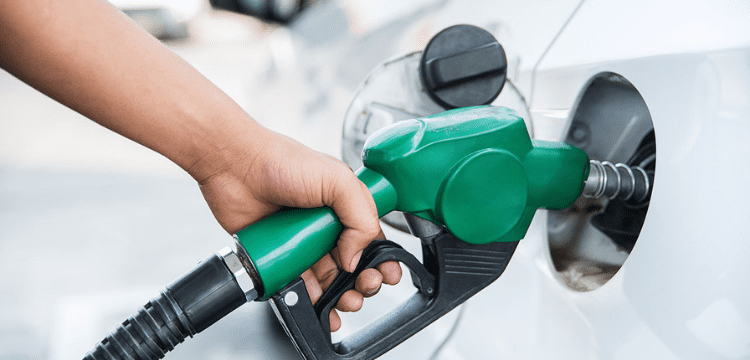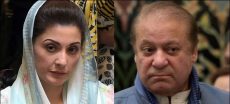[vc_row][vc_column][vc_column_text dp_text_size=”size-4″]ISLAMABAD: Given the decrease in fuel prices on the global market, consumers may receive some relief from Pakistan’s government.
The price of diesel is anticipated to drop by more than Rs20 a litre, according to the nation’s oil industry.
According to reports, the government may adjust the petroleum development levy and the supply cost borne by Pakistan State Oil (PSO) in order to maintain the price of diesel for the first half of March if the general sales tax (GST) on diesel is raised.
To make up for a revenue shortfall in the current fiscal year, it has already decided to raise the petroleum levy on diesel by Rs. 5 per litre beginning in March and by an additional Rs. 5 per litre beginning in April.
According to sources, fuel tax on high-speed diesel will increase from the current rate of Rs40 per litre to Rs50 per litre as per an agreement with the International Monetary Fund (IMF) under its loan programme.
The price of high-speed diesel should decrease by Rs21.69 to Rs258.31 per litre from the current Rs280 per litre, according to estimates from oil marketing companies. The computation is based on prices provided by Platts, PSO’s Rs. 10 per litre exchange rate adjustment, and the current GST and petroleum levy rates.
Similar to that, the ex-depot price of gasoline might be reduced by Rs7.70 to Rs264.30 per litre from its present price of Rs272.
Kerosene oil’s price is expected to decrease by Rs22.98 per litre, from Rs202.73 to Rs179.75, and light diesel oil’s price would rise by Rs13 per litre, from Rs196 to Rs183.
In order to close the revenue shortfall, the government may decide to increase the petroleum levy by Rs. 10 per litre in order to make a lower-than-required drop in the price of high-speed diesel.
Although the petroleum levy target has been set at Rs. 855 billion, it is anticipated that only Rs. 680 billion would actually be collected by the end of the current fiscal year in June. The government has agreed to increase the petroleum levy on diesel by Rs 5 per litre each in March and April in order to close the gap of Rs 175 billion.
A petroleum fee of Rs. 50 per litre is levied on petrol and high-octane blending component (HOBC). Diesel has an average monthly consumption of more than 500,000 tonnes and is utilised extensively in the transportation and agricultural industries. Its usage for the month of February’s 28 days is predicted to be 565,000 tonnes.
Farmers will benefit from the price cut during the crop planting season, when diesel use rises.
The government has been attempting to maintain an artificial lid on gasoline prices ever since Ishaq Dar was appointed finance minister, but the oil industry has not been pleased.[/vc_column_text][/vc_column][/vc_row]











